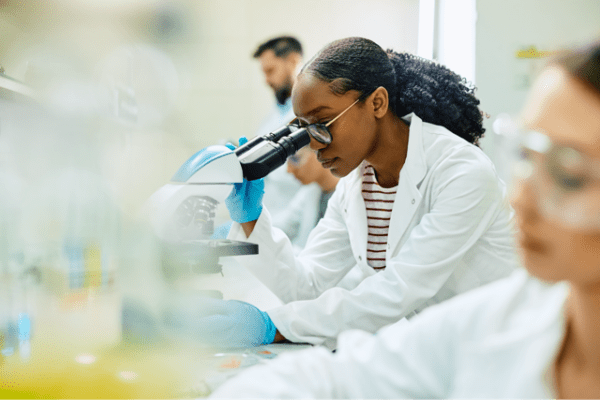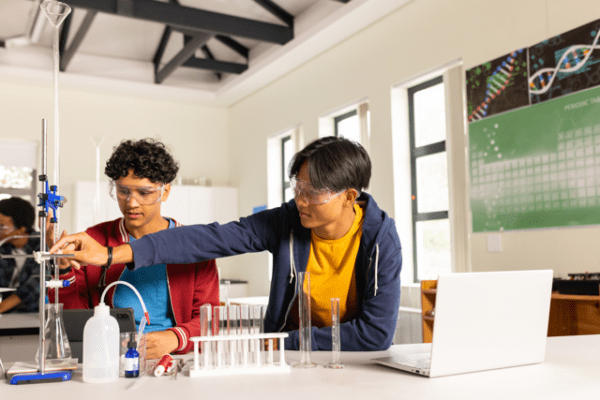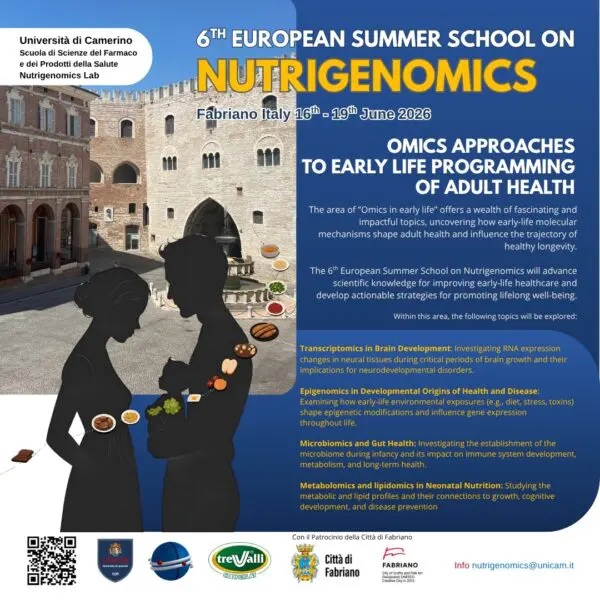
Oxford, United Kingdom
Global Perspectives on Public Health: A Survey of Core Concepts and Applied Practice
When:
20 July - 07 August 2026
Credits:
7.5 EC
Read more
Life Sciences
When:
03 June - 02 July 2021
School:
School of Advanced Studies on Food and Nutrition
Institution:
University of Parma
City:
Country:
Language:
English
Credits:
0 EC

Parma, world-famous for its Parmesan cheese and Parma ham, lies at the centre of one of the most important food-producing regions in Europe and it is not by chance that its surrounding area has deserved the name of “Food Valley”. For this reason, it can be well considered a Real World Laboratory in which all the competences required to tackle problems related to food production systems are constantly under development.
On 25-27 September 2015 the United Nations launched the 2030 Agenda for Sustainable Development aimed at ending poverty in all its forms. The Sustainable Development Goal number 2 claims that the World is committed to end hunger, achieve food security and improved nutrition and promote sustainable agriculture
This Second Edition of the International Summer School on Food Sustainability organized by the University of Parma will encompass the environmental, socio-economical and political issues that need to be taken into account to speculate on the sustainability of agri-food systems.
This Summer School will offer an interdisciplinary approach where lecturers and participants from around the world and from different disciplines exchange ideas and work on case studies to address contemporary challenges that come from the food system.
In the present global emergency due to the COVID-19 pandemic, which is expected to significantly alter the paradigms and horizons of our future daily life, in its social and economic aspects, the theme of sustainability and its challenges will be proposed also from a different perspective that takes into account the structural changes that occurred in our lifestyle.
The school, therefore, will tackle in depth, thanks to the contribution of internationally renowned scholars and participants from different countries of the world, the dynamics of food chain sustainability in a pre- and post-pandemic picture.
The Summer School will be divided into three stages:
- A first warming-up part, from 3rd to 27th June, in which various materials (documents to read, videos, case studies etc) will introduce the participant to the main issues related to the UN 2030 Agenda and its Sustainable Development Goals, in particular to food sustainability; in this preliminary phase, in addition to recorded lessons, work groups will be organized in which participants will have to face real problems linked to the territory and propose solutions based on what they have learned.
- A second part, from 28th June to 2nd July, consisting of one week of live stream lectures, round tables and testimonies of companies that have experienced innovative approaches to sustainability so as to allow and encourage participants to intervene and discuss directly with the speakers. The involvement of foreign or Italian teachers who operate abroad will offer a wide overview of the current situation in Europe and at a broader international framework;
- A follow-up that will include a global assessment and a feedback.
The programme is built on five main didactic areas: Food, Economics, Environment, Law and Humanities.
Prof. Giorgio Pelosi
Professionals and university students (with a Bachelor's or Master's degree and PhD students).
The lectures will be in English (if not native English speakers, participants are required to be able to master the language at least at a level B2, according to the Common European Framework of Reference).
A certificate of participation will be issued at the end of the School, provided that the participant has attended at least 80% of the activities.
30 places are available for students. The selection of the students will be based on their academic performance found in the transcript of records, on the curriculum vitae, on the reasons expressed by the candidates in their motivational letter and on the English level.
20 places are available for professionals. The selection of professionals will be based on the curriculum vitae and prior professional experience that must match themes of the Summer School.
The aim of this Second Edition is to offer participants, students and professionals, a global vision of the environmental, economic, legal, social as well as communicative aspects, related to food sustainability and to promote skills, tools, methods and reliable sources that allow participants to analyze in a critical perspective, problems related to sustainability and focusing on issues related to food and to apply the knowledge acquired to their professional experience with a view to producing and marketing food products consistent with the principles of sustainability.
When:
03 June - 02 July 2021
School:
School of Advanced Studies on Food and Nutrition
Institution:
University of Parma
Language:
English
Credits:
0 EC

Oxford, United Kingdom
When:
20 July - 07 August 2026
Credits:
7.5 EC
Read more

Glasgow, United Kingdom
When:
18 June - 02 August 2026
Credits:
12 EC
Read more

Fabriano, Italy
When:
16 June - 19 June 2026
Credits:
5 EC
Read more